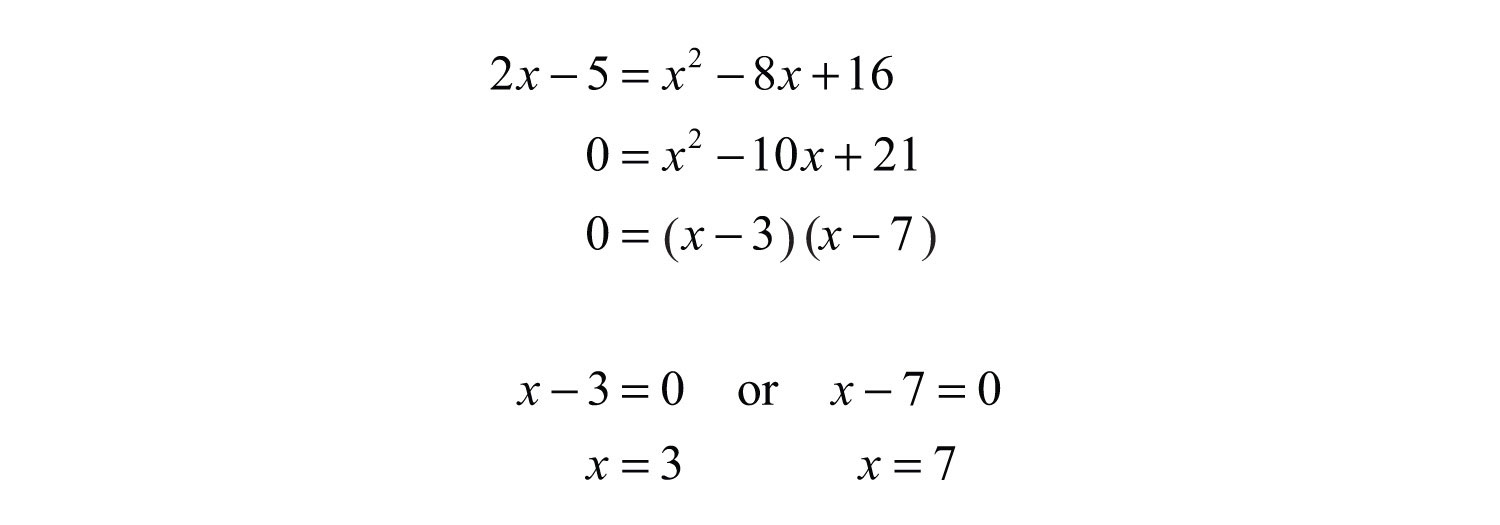


In part two, Moses shows how the same grassroots organizing can be applied to make change in the classroom. Drawing its inspiration from the civil rights movement's organizing tactics, the first part of this book is devoted to detailing how black Americans undid the white choke hold on Southern politics. It aims to nurture collaboration between parents, teachers and students in order to teach middle-school kids algebra-a course that Moses believes is a crucial stepping-stone to college level math and, thus, lifelong economic opportunity. Moses's Algebra Project, which he initiated in McComb County, Miss., in 1982, is not a traditional program of school reform. For more information on Voting Rights and Democratic Participation events at Allegheny, visit ongoing struggle for citizenship and equality for minority people is now linked to an issue of math and science literacy," argue Moses, an educator and civil rights activist, and Cobb, a cofounder of the National Association of Black Journalists. Presentations by the keynote speakers are open to the public. Year of Voting Rights programs at Allegheny College also includes a two-day national undergraduate conference on Friday and Saturday, April 10 and 11, that will bring students together with five nationally recognized scholars and activists. I believe that solving the problem requires exactly the kind of community organizing that changed the South in the 1960s."

"In today's world," Moses writes, "economic access and full citizenship depend crucially on math and science literacy. "The political process has been opened - there are no formal barriers to voting, for example - but economic access, taking advantage of new technologies and economic opportunity, demands as much effort as political struggle required in the 1960s," Moses writes in his memoir "Radical Equations: Civil Rights from Mississippi to the Algebra Project."


 0 kommentar(er)
0 kommentar(er)
